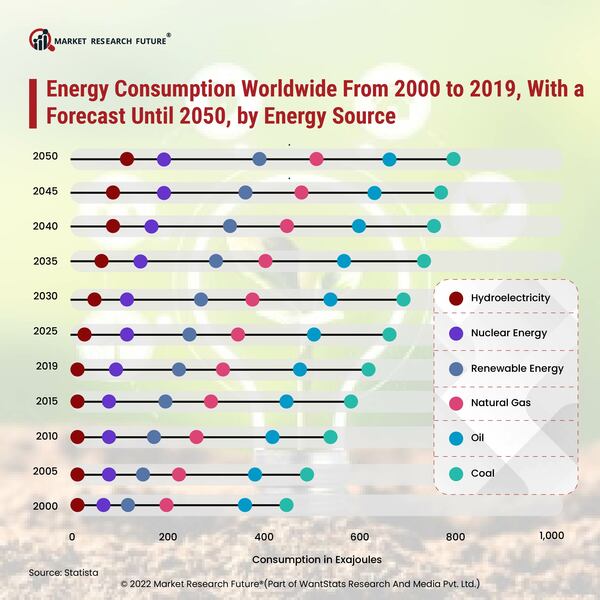Global Emission Reduction Norms Led to the Development of Hybrid Selective Non-Catalytic Reduction (SNCR)/ Selective Catalytic Reduction (SCR) Along with the Growing Adoption of Diesel Exhaust Fluid (Adblue)
Greenhouse gases (GHGs) trapped in the atmosphere cause gradual heating and affect the ozone layer, which protects the planet from harmful rays emitted by the sun. The major GHGs are carbon dioxide (CO2), methane (CH4), nitrous oxide (N2O), and fluorinated gases (hydrofluorocarbons, perfluorocarbons, sulfur hexafluoride, and nitrogen trifluoride). The burning of fossil fuels such as coal, natural gas, and oil, particularly from the transportation sector, results in the emission of CO2. According to the World Health Organization, around 4.2 million premature deaths globally are reported due to outdoor air pollution—black carbon (BC) being the major contributor. According to the US Environmental Protection Agency (EPA), greenhouse gases (GHGs) released by the transportation sector were 27% of global emissions. The high emission of GHGs has resulted in the imposition of norms by several organizations about exhaust emissions.
Moreover, the energy consumption by the road sector transport has allowed the EU to impose high-level EU regulations for passenger cars and LCVs. For instance, the European council and parliament voted on the CO2 emission targets for 2028 and 2030. The CO2 reduction target for 2028 is -15% compared to 2021 for passenger cars and LCVs. For 2030 the targets compared to the 2021 baseline are -37.5% for passenger cars and -31% for LCVs. Therefore, stringent government regulations to lower carbon emission content at a faster rate are expected to increase the adoption of diesel exhaust fluid(Adblue) and drive the global market growth during the review period.
Recently, the hybrid selective non-catalytic reduction system(SNCR) has been designed and developed to enhance the nitrogen oxide (NOx) reduction technology. Hybrid SNCR is conducted with a space velocity of SV=6000 hr (-1). The hybrid system reduces the level of nitrogen oxide (NOx) in the flue gas with the treatment of hydrocarbon in two stages—selective non-catalytic reduction (SNCR) followed by selective catalytic reduction (SCR). This system is developed to create a fine balance between efficiency and cost. The system provides an efficiency between 60% and 90% with a harmonized balance between operating expenses (OPEX) and investment expenses (CAPEX). The Hybrid SNCR/SCR system can be installed in various configurations, for instance, SNCR with conventional reactor-housed SCR, SNCR with in-duct SCR, SNCR with catalyzed air preheater, and SNCR with a combination of in-duct SCR and catalyzed air heater. Thus, with the need to confer with the norms of the government agencies, the development of the SNCR/SCR system is expected to create lucrative opportunities for the producers of diesel exhaust fluid (AdBlue).





